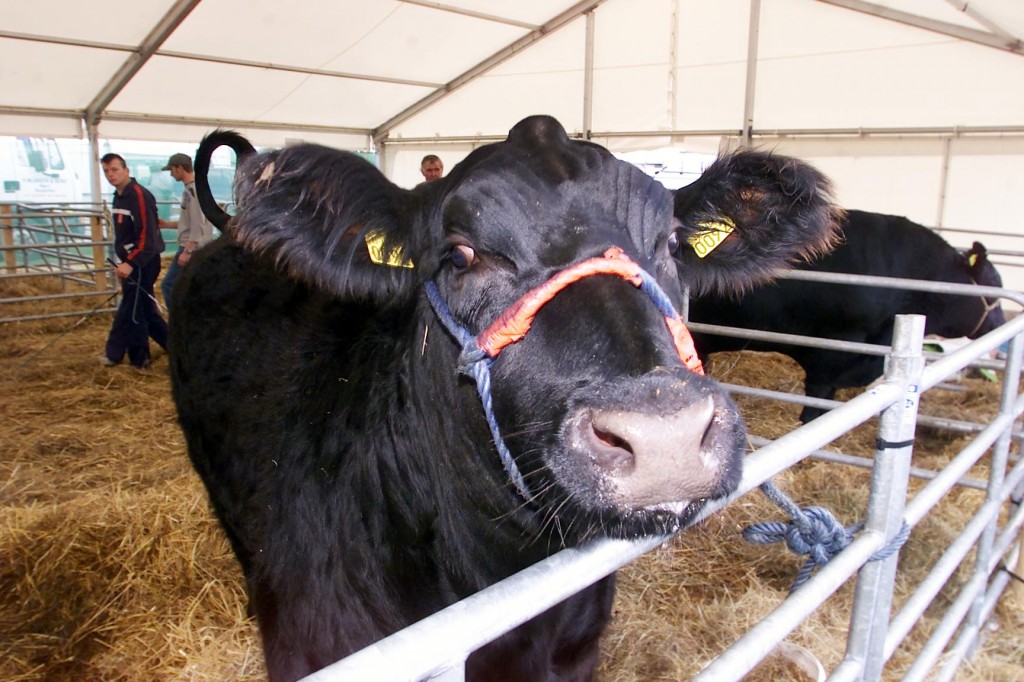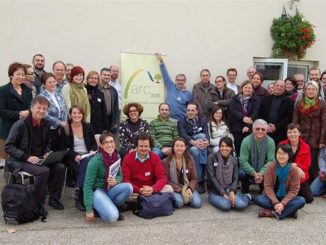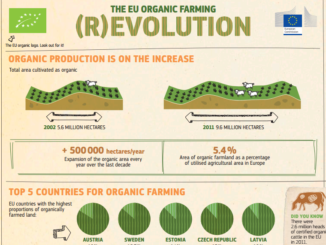
Based on media reports in Ireland, it appears the Irish Department of Agriculture will bring proposals forward to almost exactly match fund the CAP’s Rural Development Programme (RDP). According to Irish farming newspaper the Irish Farmers’ Journal, “Ireland will contribute over 46% of the total funding of Pillar II“, with “a funding pot established of between E580m and E590m“. Of this funding pot, the Irish Exchequer will provide E267m a year on average. The IFA – Irish Farmers’ Association – had already claimed on 18th December that it expected the RDP plan to be funded to between 45 and 47% by the Irish Exchequer.
This proposal from the Department of Agriculture is still not official, and has yet to be brought to the section of the Irish government which controls the relevant purse strings – the Department of Public Expenditure and Reform. This will occur early next month.
The mainstream Irish farming sector pushed strongly (see also here and here) to avoid equalisation of payments – i.e. flat payments – as their primary focus is on what they describe as “active farmers“. Active farmers are larger, wealthier, technically more productive landowners in regions with good land. Smaller farmers in regions with marginal land come down the pecking order relative to, for example, dairy farmers in the Golden Vale.
However once Ireland got the option of delaying and reducing the flattening of payments onto the CAP reform agenda during the Irish EU presidency, the way was left open for some crumbs to be given to the smaller guys. Thus, there has been a campaign for the Irish Exchequer to match fund the Rural Development fund, though this campaign has been far more muted than the push for non-flattening of payments in early to mid 2013.
The Rural Development Programme is where agri-environmental measures, LEADER, farm modernisation, disadvantaged areas, as well as suckler cattle and sheep programmes are funded. The Farmer’s Journal reports that LEADER funding is likely to be cut from 10% of the overall RDP budget to between 5-7%. This is bad news for community led rural development, as the LEADER model in Ireland has been especially prominent. Foe a summary of the LEADER impact on rural Ireland, see here). This surplus % will be reallocated elsewhere in Pillar II. Will this could be good news for rural communities and the environment, there are no strong indications yet as to where it will be invested. However, with the Irish Farmers’ Journal also reporting that Belgium and France are investing coupled Pillar I money into their suckler herds, to the tune of E200 per cow, it is likely that Ireland will certainly keep an eye on how to maintain parity for that sector. Both Pillar I (coupled payments suckler farmers) and Pillar II (support measures for sucklers) offer options here.





